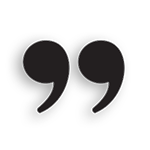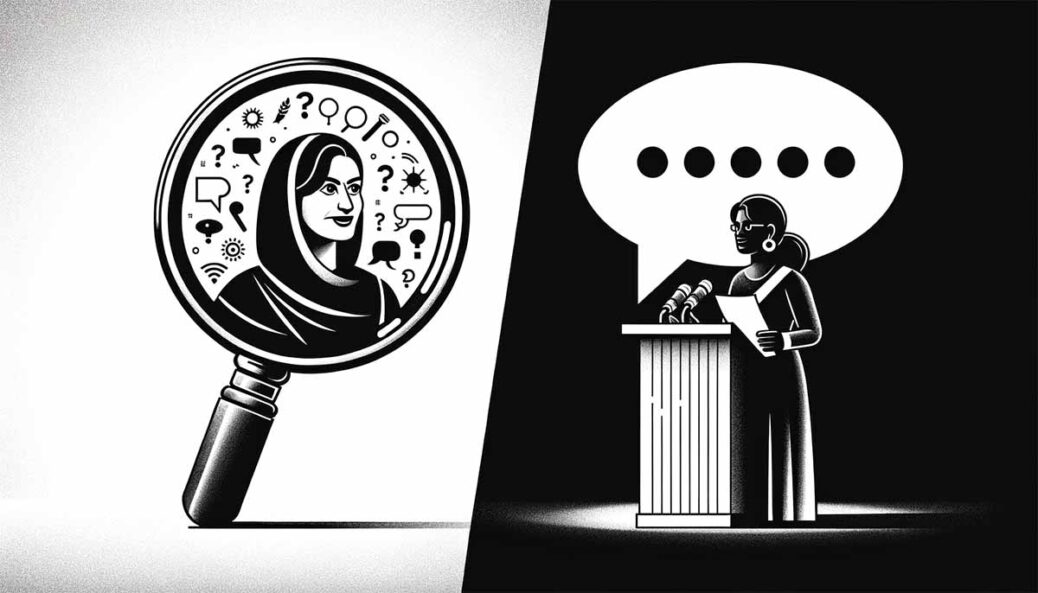The age-old question of whether the value of a quote lies in the words themselves or in the author who spoke them is not an easy one to answer. Quotes encapsulate wisdom, experience, and a view of the world in just a few words. They often become life mottos, guiding principles, or points of inspiration for many. But does the authorship of a quote add to its weight or is the message self-sufficient? Let’s dive into this compelling topic to find some answers.
The Compact Nature of Quotes
A quote is often a concise summation of a complex idea or a profound experience. Think of it as wisdom distilled into its most potent form. Because quotes are brief and impactful, they’re easily shareable. You can put them on social media, include them in a presentation, or even jot them down in your journal. Their size is an asset, making it easy for people to pass them on, akin to cultural or intellectual currency.
Quotes as Mini-Stories
A quote often represents a snapshot of a larger narrative. Each quote is like a mini-story that gives us a glimpse into a larger world of thoughts, philosophies, and experiences. When you read a quote, you’re essentially getting the CliffNotes version of a much larger tale.
The Irresistible Lure of Stories
The allure of stories is almost universal. Stories have been the backbone of human culture and civilization. Before the advent of writing, stories were the primary method for passing on history, traditions, and life lessons from one generation to the next. Even in our digital age, stories continue to hold sway, be it in the form of books, movies, or even 280-character tweets. It’s human nature to love stories because they’re relatable, they touch our emotions, and they give us a sense of belonging.
The Role of the Author
This brings us to the question: does it matter who authored the quote? In many ways, the credibility and influence of the author do play a role. An author’s life experience, credibility, and wisdom give context to their words. For instance, if a successful entrepreneur like Elon Musk shares a quote about risk-taking, it carries a different weight than the same quote coming from someone who hasn’t ventured beyond their comfort zone. The author has, in a sense, earned the right to dispense wisdom. We’re more inclined to pay attention to a quote if it comes from someone we respect or admire, whether it’s a historical figure, a renowned intellectual, or even a beloved fictional character.
The Independent Power of Quotes
On the flip side, words of wisdom can also stand alone, independent of their authors. Certain quotes resonate universally and become part of collective human wisdom. Think about phrases like, “Love conquers all,” or “Honesty is the best policy.” These are quotes that don’t require the backing of a famous name to be impactful. They resonate because they touch on fundamental human experiences and truths.
The Interplay Between Quote and Author
Interestingly, the relationship between a quote and its author can be symbiotic. A quote gains traction because of the author’s credibility, while the author’s reputation can be enhanced by a particularly insightful quote. Sometimes, a powerful quote can outlive its author, taking on a life of its own. It becomes part of the cultural lexicon, often being quoted by people who have no idea where it originally came from.
A Delicate Balance
So, is the value in the quote or the author? It’s not a straightforward answer. The power of a quote can indeed be magnified by the author’s reputation and experiences. However, some truths are so universal that they don’t need an author’s stamp to make an impact. The beauty lies in this delicate balance between the message and the messenger. While the credibility of the author can lend weight to a quote, the ultimate power of a quote is in how it resonates with you, how it makes you reflect, and how it influences your actions and thoughts. Understanding this intricate relationship can deepen your appreciation of quotes and make you more discerning in how you apply them in your own life. After all, the best quotes are not just words to be remembered; they are wisdom to be lived.


